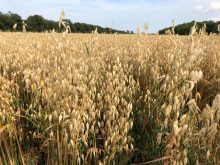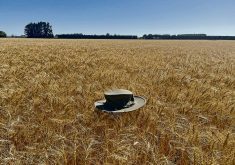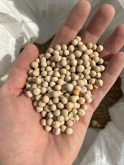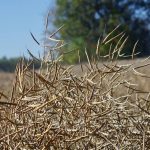The Canadian government is committed to plant breeding, federal Agriculture Minister Marie-Claude Bibeau told members of the Canadian Farm Writers’ Federation on Tuesday.
Some farmers and seed industry officials suspect Agriculture and Agri-Food Canada’s (AAFC) variety development work, along with many other programs, will be on the chopping block post-COVID-19 as the government tackles its biggest budget deficit since the Second World War.
“We are serious when we say that we believe science and innovation is important and we want to continue investing in that,” Bibeau said during an online session with several CFWF members.
Read Also

Agriculture department officials address research cuts; to hold emergency study
Members of the House of Commons agriculture committee from all parties expressed concern about the recently announced cuts and closures at federal research centres as they began an emergency study on the matter Feb. 10.
In late 2018 the federal government started consulting with farmers about a seed industry proposal to implement either an end point or trailing royalty to collect additional money from farmers to encourage private and public plant breeders to produce even more improved varieties.
It’s commonly referred to as ‘value creation.’ The argument is that while farmers would pay more for seed, they would also be more profitable.
A lot of farmers oppose both options, saying if they have to pay more they want some control over both how their money is spent and the varieties that spring from it.
The consultations stalled and COVID hit, becoming the government’s main focus.
“The idea (of the consultations) was to find the best approach working closely with the industry, but no way was it the intention to get the government out of these investments,” Bibeau said.
Despite Bibeau’s reassurance, government priorities sometimes change and so do governments.
Publicly developed varieties, including AAFC’s, currently make up most of what SeCan, a not-for-profit seed distribution company, sells.
No entity supports public plant breeding more than SeCan, its business manager for Western Canada, Todd Hyra, said in a recent interview. But he also noted AAFC’s plant breeding funding has been declining for years.
The status quo in plant breeding wasn’t sustainable even before COVID-19, Tyler McCann, interim executive director of the Canadian Seed Trade Association, said in an interview Aug. 11.
Should the government stop or curtail plant breeding, farmers will need private plant breeders to step up, Hyra said.
— Allan Dawson is a reporter for the Manitoba Co-operator at Miami, Man.
















